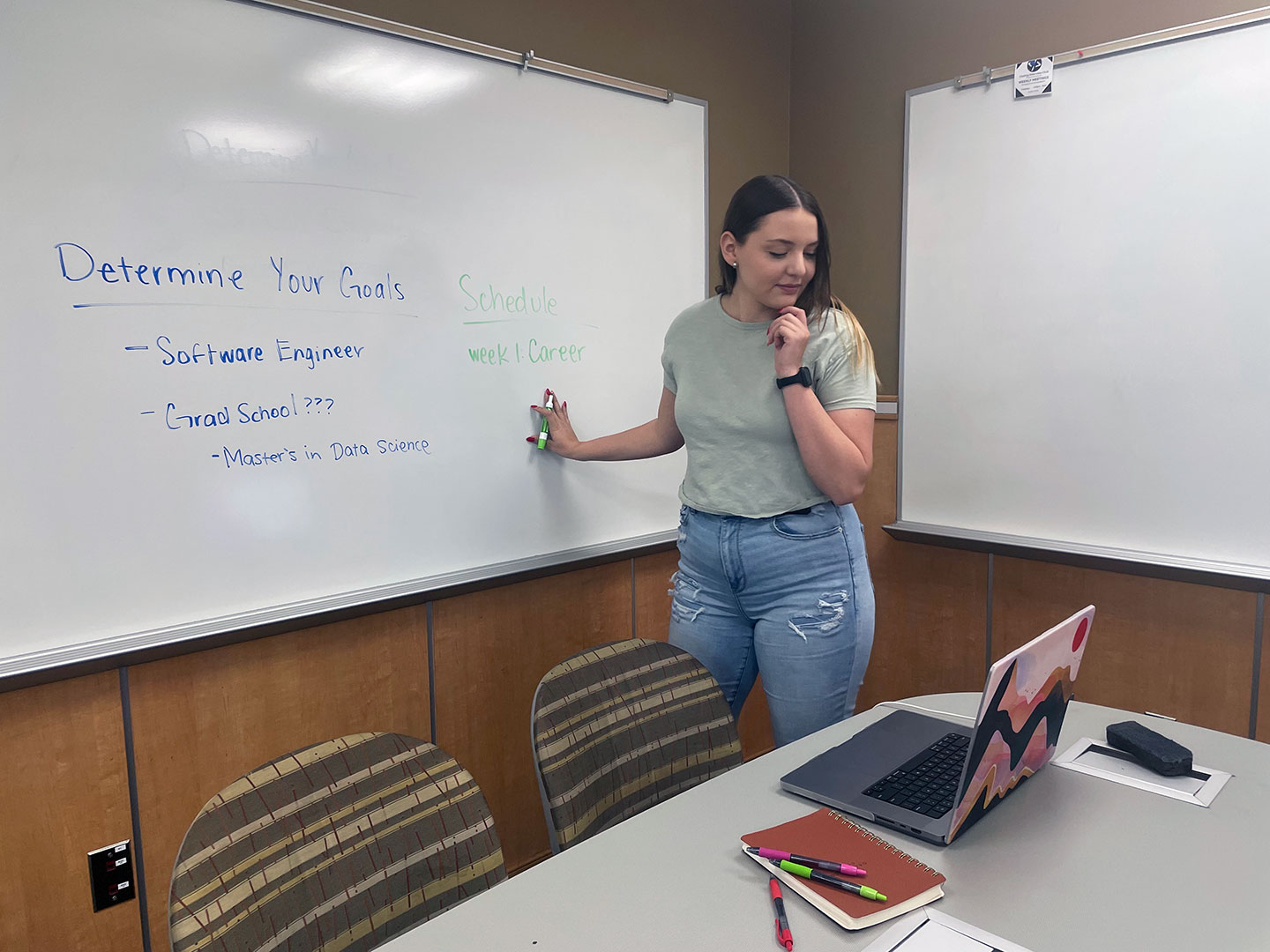
Planning the Next Step
Imagine this, finally, the time has come. As you toss your grad cap in the air, you think back on all the memories you've made throughout your time in college: cooking with your roommates, going to tailgates, cheering on your team, and pulling off a few all-nighters to earn that A on your final project. Now, as the cap falls back into your lap, you think about what is next.
What is next? Did you plan for the next step? How could you have found the time to worry about the future when you were worrying about the present? You're in luck, as you have found the blog that guides you in avoiding this unwanted situation. Even if you are reading this as you throw your grad cap in the air, you can set yourself up for success post-graduation by following these tips for planning the next step.
Determine Your Goals
The first step in every plan is to determine the end goal. You can have multiple end goals for post-graduation that focus on career, lifestyle, or personal life. To discover your goals, spend time studying yourself and gather your wants and needs for your future. Your initial goals do not have to be detailed and definitive. As you continue your journey in reaching your goals, you may find that they change or become more concrete.
Create A Schedule
Creating a schedule can be the most influential process in planning the next step if done properly. Allocate time on a weekly, or even daily, basis to work on reaching your goals. To make your schedule efficient and realistic, set working times and deadlines for small goals that will collectively assist you in reaching your ultimate end goal. The most important aspect of a schedule is consistency. Practicing consistency will allow you to reach goals at a quicker and more predictable pace.
Don’t Do It Alone
In addition, I recommend that you do this process with the help of your community and resources. Finding a mentor or taking advantage of your campus career center can assist you in planning your next step. These resources can provide guidance in making decisions, networking opportunities, and additional methodologies. Utilizing the people around you can have a large impact on reaching your goals and on the direction of them.
In conclusion, planning your next step takes time and resources, so it is beneficial to follow a strategy when taking on this challenge. Any student or graduate can use this strategy to advance themselves in reaching their desired goals, including you. Now that you have read this blog, you can feel confident in planning the future that you have ahead of you.
Do you have a compelling story or student success tips you’d like to see published on the Pearson Students blog? If you are a college student and interested in writing for us – click here to pitch your idea and get started!